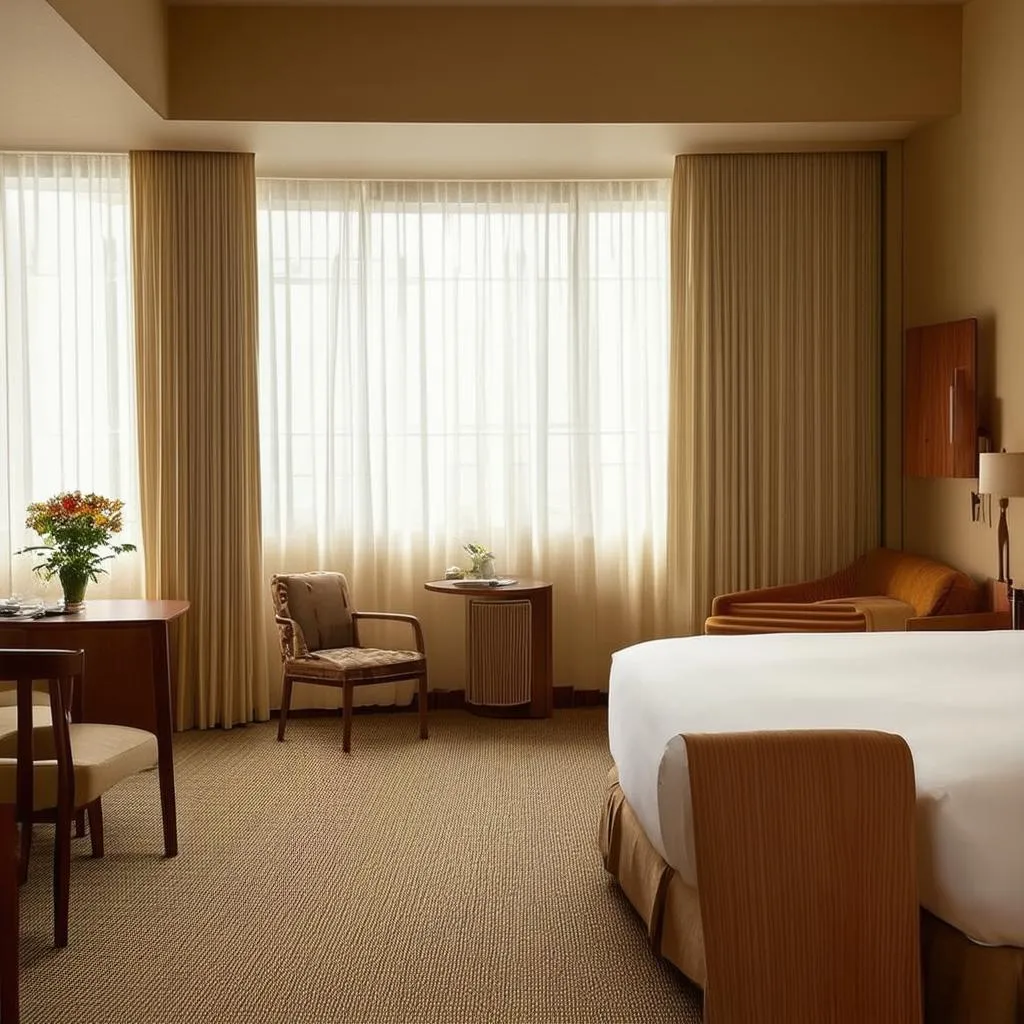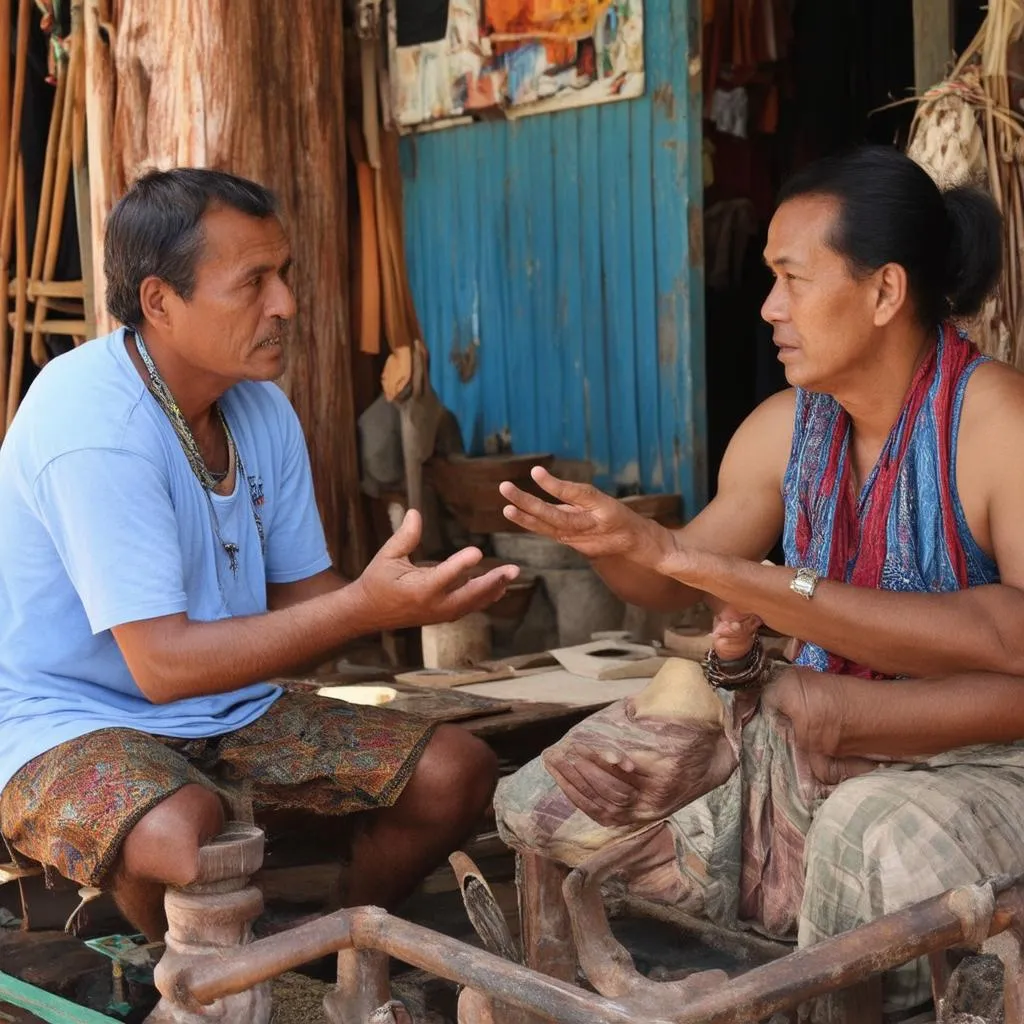Have you ever heard the saying, “A lie can travel halfway around the world while the truth is still putting on its shoes?” It’s a humorous take on a frustrating phenomenon, and it’s particularly relevant when you’re navigating the world of travel. From exaggerated tales of breathtaking views to misleading reviews of local eateries, misinformation can easily derail your travel plans.
The Perils of Misinformation in Travel
Imagine this: You’re planning a trip to the vibrant city of Marrakech, Morocco. You stumble upon a blog post claiming that haggling in the souks is a thing of the past, and fixed prices are now the norm. You arrive, excited to avoid any potential haggling awkwardness, only to find out that bargaining is still very much alive and well. Not only have you missed out on a quintessential Marrakech experience, but you might also end up paying more than you should.
This is just one example of how misinformation can impact your travel experiences. It can lead to:
- Wasted time and money: Relying on false information can lead you to attractions that don’t live up to the hype, overpriced services, or even missed opportunities.
- Safety concerns: Misleading information about dangerous areas or scams can put your well-being at risk.
- Cultural misunderstandings: Inaccurate information about local customs and etiquette can lead to unintentional offense and uncomfortable situations.
Navigating the Information Maze: Tips for Discerning Travelers
In today’s digital age, we’re bombarded with information from countless sources. So how do you separate travel fact from fiction?
1. Cross-Check Your Sources
Don’t rely on a single blog post or social media comment. Look for information from reputable travel guides, official tourism websites, and multiple traveler reviews.
2. Consider the Source’s Motivation
Is the information coming from a personal blog with no apparent agenda, or is it a sponsored post promoting a specific hotel chain? Understanding the source’s motivations can help you gauge the information’s objectivity.
3. Be Wary of Extremes
If a review claims a restaurant is either the “best thing since sliced bread” or the “absolute worst dining experience ever,” it’s probably worth taking with a grain of salt. Look for balanced reviews that acknowledge both positives and negatives.
4. Seek Local Insights
Don’t be afraid to ask locals for their recommendations. They can offer invaluable insights into hidden gems, authentic experiences, and potential pitfalls to avoid. For example, if you’re visiting Hanoi, Vietnam, and want to find the best Pho, ask a local vendor at the Dong Xuan Market – they’ll likely point you in the right direction.
5. Trust Your Instincts
If something feels off about a piece of information, it probably is. Don’t be afraid to trust your gut and err on the side of caution.
The Power of Storytelling and Feng Shui in Travel
Stories have a unique power to convey truth and create connections. When researching your trip, look for travel narratives that resonate with you, offering authentic glimpses into the destination’s culture and experiences.
For example, you might stumble upon a captivating tale of a traveler who discovered a hidden tea house nestled in the foothills of Mount Fuji, Japan, embodying the principles of “wabi-sabi” – finding beauty in imperfection. This story not only reveals a potential hidden gem but also offers insights into Japanese aesthetics and philosophy.
Speaking of philosophy, incorporating principles of Feng Shui into your travels can enhance your experiences and promote harmony. When choosing accommodation, for instance, opt for rooms with windows facing east to welcome the morning sun, symbolizing new beginnings and positive energy.
 Feng Shui Hotel Room
Feng Shui Hotel Room
Planning Your Journey with Travelcar.edu.vn
At Travelcar.edu.vn, we understand the importance of accurate and reliable travel information. We strive to provide you with well-researched articles, practical tips, and captivating stories to inspire and guide your adventures. Whether you’re seeking information on how far a roach can travel (spoiler alert: surprisingly far!), or you’re curious about whether sound travels further in cold air, we’ve got you covered.
Remember, the journey towards truth in travel is an ongoing one. By staying informed, thinking critically, and embracing the spirit of adventure, you can navigate the world with confidence and create unforgettable experiences.
Frequently Asked Questions
Q: How can I verify the authenticity of online travel reviews?
A: Look for reviews that are detailed and specific, mentioning particular experiences or observations. Be wary of generic reviews that could apply to any destination. Additionally, check the reviewer’s profile for other contributions – multiple reviews across different platforms can indicate a genuine traveler.
Q: What are some red flags to watch out for when encountering travel information?
A: Be cautious of overly promotional language, a lack of credible sources, and information that contradicts your findings from other reputable resources.
Q: How can I ensure I am respectful of local customs and traditions while traveling?
A: Researching local customs before you go is a great start. Additionally, observe how locals interact with each other and don’t hesitate to ask questions if you’re unsure about something.
 Respectful Traveler Learning Local Customs
Respectful Traveler Learning Local Customs
Discover More Travel Tips and Inspiration
Ready to embark on your next adventure? Visit Travelcar.edu.vn for more travel tips, destination guides, and inspiring stories to fuel your wanderlust.
Don’t forget to share your own travel experiences and tips in the comments below!